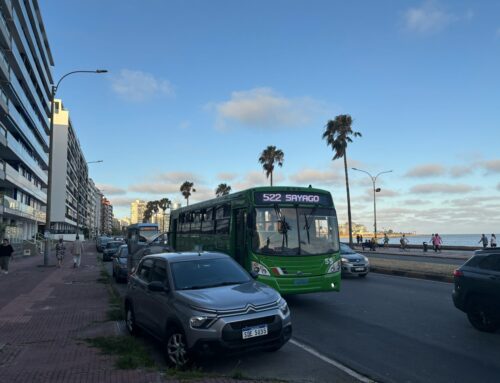World Environment Day Spotlights Communities Fighting Climate Crisis
June 4, 2025
World Environment Day 2025 arrives amid a barrage of sobering news.
Key developments around the world, however, offer a reminder that the global fight for environmental human rights is waged in frontline communities as well as in legislative halls. And where local communities are leading, there’s reason for hope.
In February the government in Sarawak, Malaysia’s largest state, announced it would stop issuing provisional leases for oil palm plantations in a bid to stem deforestation. Provisional leases are often used in Sarawak to dispossess Indigenous peoples of their ancestral forests, among the most ancient and biodiverse in the world. They do this by allowing companies to start operations on their land before the state had surveyed it. Ending these leases has been a top priority for Indigenous communities and their allies, including Human Rights Watch.
A United States appeals court in April revived a community-led effort by residents of St. James Parish in the state of Louisiana to stop the construction of new petrochemical plants in parts of an area known as “Cancer Alley.” The petitioners allege that decades of discriminatory policies forced Black and low-income residents to “live in some of the most polluted, toxic–and lethal–census tracts in the country.” A lower court had dismissed the lawsuit on a procedural question; the appeals court ruling opens the door for the merits of the communities’ arguments to be heard in court.
In Panama, Indigenous communities confronting rising seas and coastal erosion have pushed the government closer to establishing a national policy for planned relocation. Panama’s Ministry of Environment announced a draft executive decree in February that laid the legal foundation for a National Planned Relocation Protocol sought by communities and that Human Rights Watch recommended. A national approach would ensure that when communities like on Gardi Sugdub, a tiny island home to the Guna Indigenous people, seek to relocate, this support is provided in a way that preserves their culture and protects their rights.
Across continents, local communities are working with resolve and resourcefulness to protect their environment, health, and ways of life, deploying strategies that can be reproduced elsewhere. Such efforts are an antidote to mounting despair. The challenges posed by the climate crisis are myriad, but so are the solutions; in many places, they are already bearing fruit.
Search
RECENT PRESS RELEASES
Related Post


